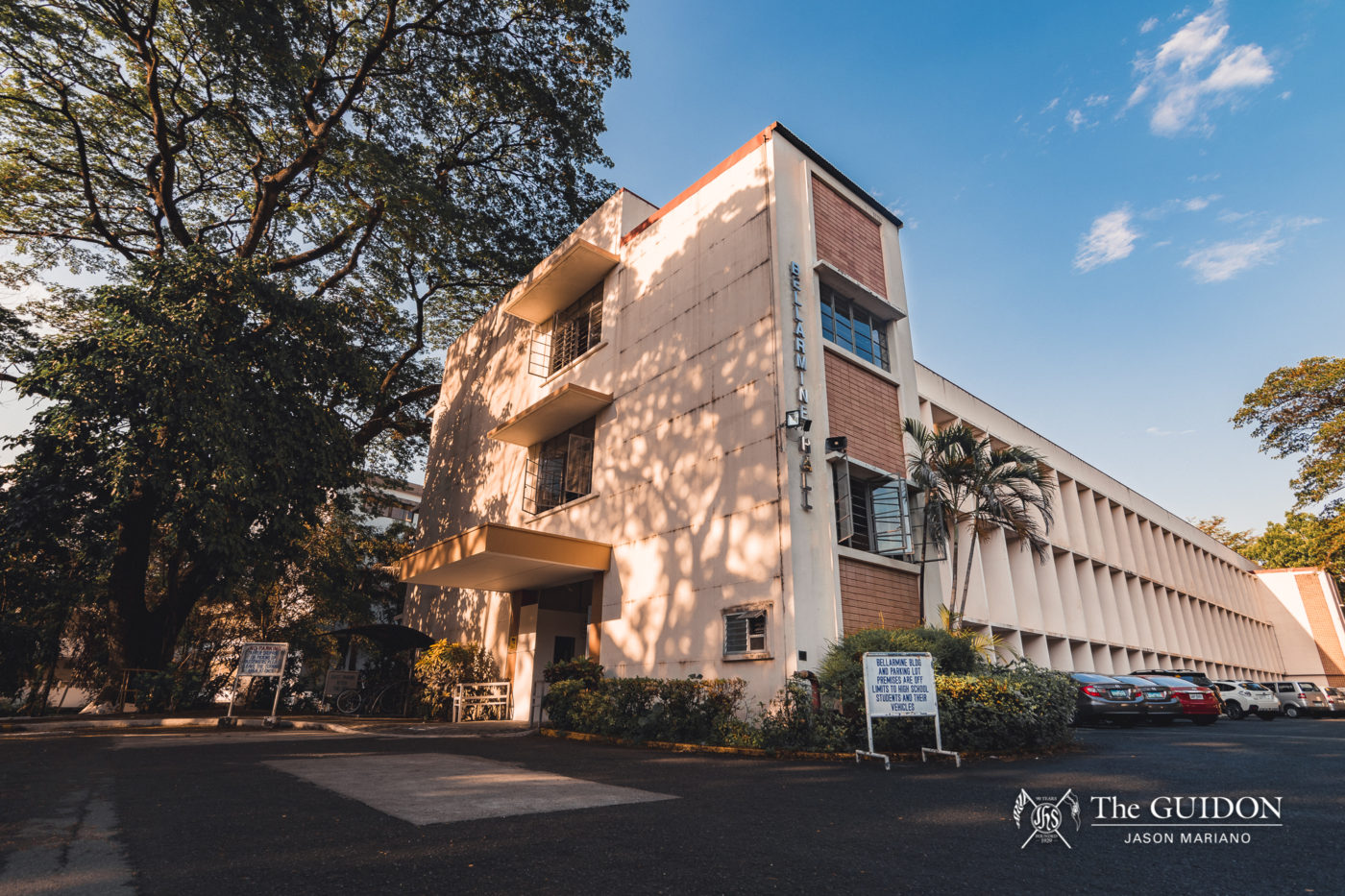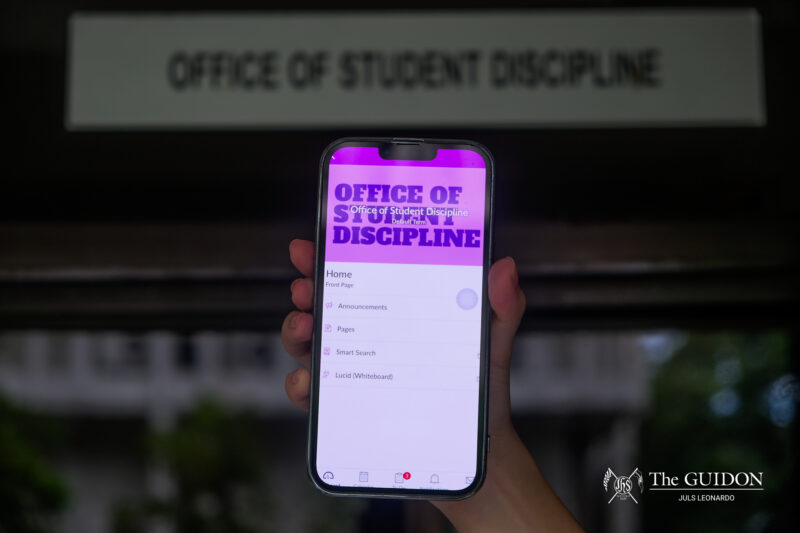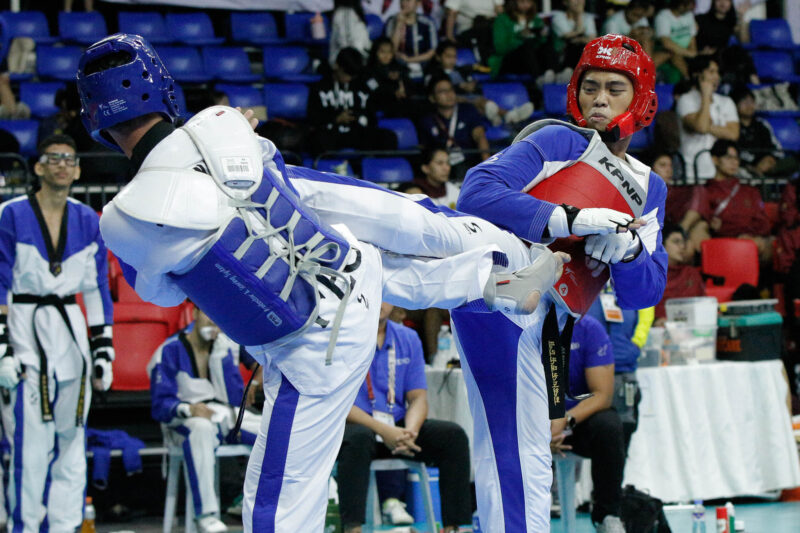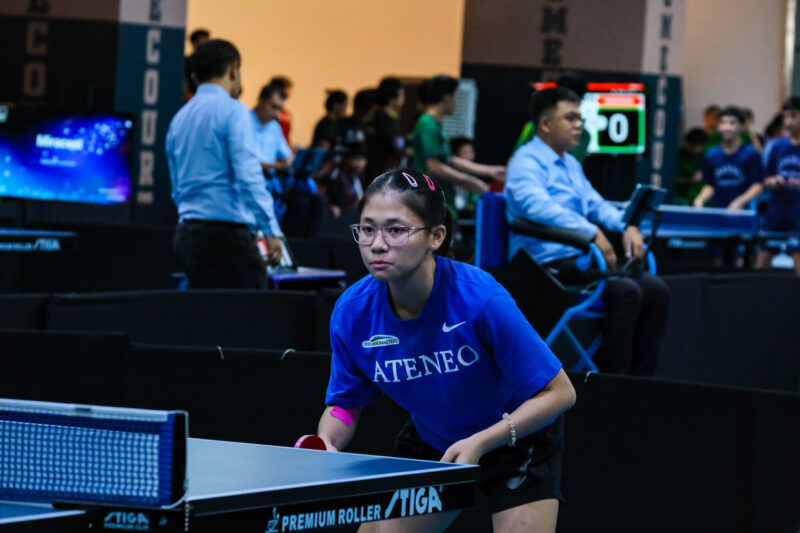ON NOVEMBER 14, at around 1:50 PM, a student reportedly physically and verbally threatened security guards and other students near the premises of Bellarmine Hall.
The student was said to have yelled and cursed at other students at the pedestrian lane near Bellarmine Hall. Upon security intervention, the student allegedly punched a Bellarmine security guard in the jaw, prompting stationed parking guards nearby to restrain the individual.
According to security personnel on the scene, the Loyola Schools Office of Health Services (LSHS) was immediately contacted via emergency radio after the student was restrained. First aid medics then accompanied the student to the infirmary at the Social Sciences Building for medical assistance and monitoring.
A day after the incident, the Office of the Associate Dean for Student and Administrative Affairs (ADSAS) released a memorandum to contextualize the incident and dispel rampant rumors. According to the document, the student came from the Loyola Schools Office of Guidance and Counseling (LSOGC) to meet a counselor and “ran away,” prompting security personnel to follow and catch up with him at the Bellarmine pedestrian crossing.
The memo also requested that the community refrain from spreading rumors about the events and the individuals involved. ADSAS added that the student will not be allowed to enter the campus premises without clearance from the LS administration.
Standard protocols
Office of Student Services (OSS) Director Cholo Mallillin said that the office is “currently investigating the issue to have a full timeline of events.” However, the protocol that OSS will pursue following the incident is still uncertain.
The incident could be classified under Section 2, Article 3 of the LS Undergraduate Student Handbook, which categorizes disruptive and violent misdemeanors as major offenses, particularly when they might violate state law, endanger members of the Ateneo community, or otherwise occur under conscious, repeated occasions. The disciplinary consequences for such incidents range from suspension to institutional expulsion.
However, “sanctions are not unilaterally imposed,” Mallillin explained. “[The investigation will] take a different route primarily because the [involved] student is under special care [of the LSOGC], [where] there is a separate set of conditions [and] the protocol is different.”
Mallilin did not expound on the specific details of the incident and the administration’s approach because the investigation is still ongoing.
Editor’s Note: This is a developing story. We will add more updates to the article as they come.







